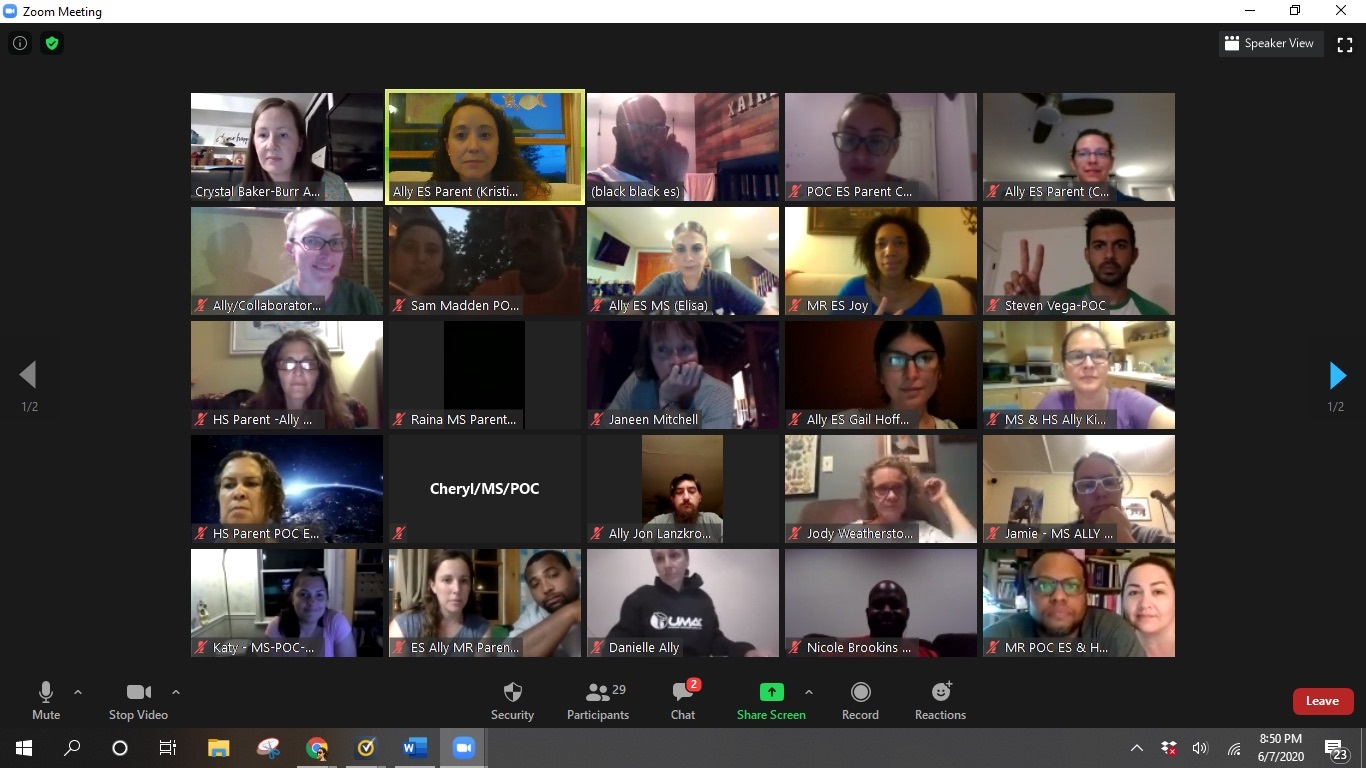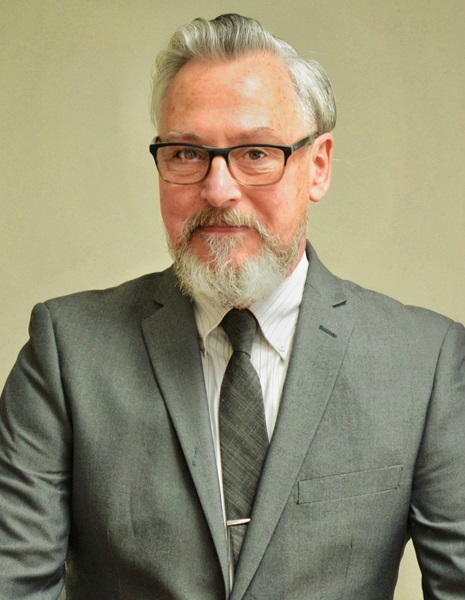By Kat Leslie
Just last week, we sat down with Stephen Kitar, a Ukrainian-born military insider with deep knowledge of both Ukraine and Russia, to discuss the state of the war, shifting global alliances, and the implications of U.S. foreign policy. At the time, we believed the conversation covered the key points shaping the crisis.
But events have escalated rapidly. New diplomatic maneuvers, public confrontations, and a whirlwind of policy shifts have sent shockwaves through international relations. The Zelensky-Trump meeting, the sudden involvement of J.D. Vance, the unexplained presence of a Kremlin journalist, and the startling endorsements of U.S. foreign policy changes by Russian officials, talks about lifting sunctions—all of these developments have raised urgent new questions.
Kitar was approached for a second interview to comment and make sense of these unfolding events. With the stakes higher than ever, we continue our discussion on where Ukraine stands, what Trump’s foreign policy shift really means, and what’s at risk for global security.
Interview
WVD: Since our last interview, the conversation around U.S. support for Ukraine has shifted dramatically, largely due to Donald Trump’s recent meeting with Ukrainian President Volodymyr Zelenskyi. What impact do you think this foreign policy shift has had on Ukraine and its allies?
SK: Recent foreign policy decisions have not only weakened Ukraine’s position but have also destabilized the global security structure that took decades to build. The post-World War II order was based on alliances and U.S. security guarantees. Administration’s dismissal of Ukraine and praise for Putin undermine the foundation of that system.
The issue isn’t just about Ukraine—it’s about the credibility of the United States. For decades, U.S. commitments have been considered ironclad, regardless of who was in the White House. Recent events, from belittling President Zelensky to downplaying Russia’s aggression, send a troubling message: America’s word can no longer be trusted.
WVD: What do you think went wrong in that meeting?
SK: Everything. The perception of the war itself is shifting, the stakes are being redefined, and U.S. foreign policy is being rewritten in real-time. The importance of security guarantees has been downplayed, which is dangerous because without them, lasting peace is impossible. Putin’s word cannot be trusted—his agreements have been broken over and over under different U.S. administrations.
Look at history: In 2008, under George W. Bush, Russia invaded Georgia. In 2014, under Obama, Russia annexed Crimea and fueled separatist war in Donbas. In 2022, under Biden, Russia launched a full-scale invasion of Ukraine. The only U.S. president in the past 20 years under whose term Putin didn’t start a war was Trump.
WVD: Trump insists that Putin won’t invade while he’s in office. Do you believe that?
SK: I certainly would like to. And assuming that’s true, – what happens after Trump leaves? If Putin is simply waiting for the next opportunity, then any peace achieved now is just a temporary illusion. What happens when Russia regroups, mobilizes, and launches another offensive? That’s the core issue. This is where the real debate about security guarantees comes in. Some people see security commitments as a necessity for lasting peace, while others treat them as an unnecessary obstacle to reaching an agreement with Putin. But history shows that Putin’s promises mean nothing—he will take whatever is not explicitly protected. So, the real question is: Are we planning for the next four years or for the next forty? If Trump’s foreign policy is based on a personal handshake with Putin, it has an expiration date—and that’s a risk that Ukraine, and the world, cannot afford to take. Relying on madman’s “pinky promise” doesn’t quite put me at ease.
WVD: Do you think Zelensky should have handled his recent meeting with Trump differently?
SK: Absolutely. First, he should have used a translator, as is customary at this level of diplomacy. It is standard practice—even if leaders understand each other’s languages—to avoid misunderstandings or manipulation of statements. Second, he should not have engaged in a direct exchange with J.D. Vance. Traditionally, conversations between presidents are not interrupted by side comments from lower-ranking officials. Zelensky walked into a highly unusual format, and I believe he underestimated the level of political maneuvering at play.
WVD: Some have suggested that the meeting was staged to put Zelensky on the defensive. Do you believe that? What do you make of J.D. Vance taking such a leading role in the discussion?
SK: I wouldn’t go as far as to say it was staged, but it was definitely unusual. When two presidents meet, their discussion should take center stage. The role of other participants is typically ceremonial. Regardless of the size of the countries involved, diplomatic protocol dictates that a meeting is a deal between two leaders representing their nations. Zelensky should have maintained a direct dialogue with Trump rather than allowing himself to be pulled into a side debate with Vance. Was this part of a broader political play? Maybe.. I do not know.
Let’s be honest—J.D. Vance is not exactly a major foreign policy figure. He is better known for his memoirs and his past criticisms of Trump than for any significant diplomatic achievements. Yet, there he was, leading the conversation, interrupting Zelensky, and steering the narrative. One thing is clear: Trump did not need Vance’s help to control the conversation. And let’s be real—if J.D. Vance was replaced with D.J. Khaled, in that meeting, it hardly would have made any difference. But the fact that Vance was given the floor to play such a prominent role is telling.
WVD: One of the strangest parts of the meeting was that it was broadcast publicly with a selective media presence. And then there’s the issue of the Kremlin reporter in the room. What’s your take on that?
SK: That stands out as one of the most alarming aspects of the entire event. How did a Kremlin-affiliated journalist make it into the room, streaming video live until someone realized who he was and escorted him out? That is a massive security failure—one that no one seems to be explaining.
And here’s the kicker—major Western media outlets like Reuters and the Associated Press were not invited. So how does a Russian state media journalist get in, but American journalists don’t? That’s not just a mistake—that’s a deliberate choice. The question is, who made that choice, and why? If the meeting was truly about strategic diplomacy, why prioritize access for Russian state media?
WVD: Russian officials praised the recent shifts in U.S. foreign policy. What do you make of that?
SK: That alone should be a massive red flag. The Kremlin publicly said that the new U.S. foreign policy “largely aligns” with their vision. Think about that. Russia—a country waging war on a sovereign nation—is saying that the U.S. is now moving in a direction they approve of. That should terrify anyone who believes in Western security, democracy, or even basic geopolitical stability.
WVD: What happens if the U.S. completely shifts away from supporting Ukraine?
SK: If the U.S. withdraws from Ukraine, it will be a historic betrayal. Not just of Ukraine, but of every ally who has ever counted on America’s commitments. It would send a clear signal to Russia, China, Iran, North Korea, and every other authoritarian regime that the U.S. cannot be trusted. It would mean that any country outside of NATO is essentially on its own. And once Ukraine falls, who’s next?
WVD: Trump has claimed that Ukraine is not a NATO ally and that the U.S. has no obligation to protect it. How do you respond to that argument?
SK: Ukraine is not a NATO member—yet—but that does not mean we, as a country, have no responsibility. After the collapse of the Soviet Union, Ukraine inherited the third-largest nuclear arsenal in the world. The United States and Russia, under the Budapest Memorandum of 1994, convinced Ukraine to give up its nuclear weapons in exchange for guarantees of territorial integrity and protection against aggression.
Ukraine knew it couldn’t trust Russia’s promise—but it trusted the United States. That trust was based on a long-standing belief that American commitments are permanent. Current foreign policy is proving otherwise. If the U.S. walks away from Ukraine, what message does that send to Europe? Taiwan? South Korea? Japan?
Make no mistake: these changes in policies are creating a more dangerous world. The only question is how far the damage will go before it becomes irreversible
WVD: Many analysts have pointed out that Trump’s handling of Ukraine has had ripple effects worldwide. How do you think this is affecting global stability?
SK: The consequences are already unfolding. I’ve spoken to diplomatic and security officials in Europe, and they all say the same thing: “We must make other arrangements.” Nations that once relied on U.S. protection are now looking elsewhere, forming new defense coalitions and even considering nuclear armament. In short, they no longer trust the United States to have their backs.
All of these are weakening America’s standing on the world stage. This is how alliances collapse and global conflicts begin.
WVD: U.S. delegation was ordered to vote against a U.N. resolution condemning Russia’s invasion of Ukraine. What are the implications of this decision?
SK: Yet another disaster for U.S. credibility. That decision wasn’t just morally wrong—it was strategically reckless to align The United States with Russia, North Korea, and Iran.
It invites further Russian aggression while weakening America’s position in future conflicts. We are courting disaster by signaling to dictators worldwide that U.S. commitments are negotiable.
WVD: Looking ahead, what do you think will define the future of U.S.-Ukraine relations?
SK: It is hard to tell. Right now, we are seeing a massive recalibration of U.S. foreign policy, but the reality remains—Ukraine cannot afford to lose this war. aAnd just like Ukraine, – The U.S. is at a crossroads: it can either reinforce its leadership in global security or retreat from the world stage and leave a power vacuum for Russia and China to fill. The choice is obvious. The only question is whether the U.S. is willing to make the right one.
WVD: In conclusion I would like to circle back to the Tramp-Zelensky meeting. So, in your view, was this meeting a step forward or a step backward for Ukraine?
SK: It was a missed opportunity. This could have been a critical moment to solidify support, reinforce security commitments, and push back against Russian aggression. Instead, it became a political spectacle, where optics overshadowed substance. Between side distractions, media manipulation, and odd protocol breaches, the real issues never got the focus they deserved.
If this was meant to reset U.S.- Ukraine relations, it didn’t do Zelensky any favors. It didn’t help Ukraine either. And more importantly, it didn’t help America, or the President. The real question now is: Was that the intention all along? Because if it was, the world has a much bigger problem than just Ukraine’s war with Russia.







